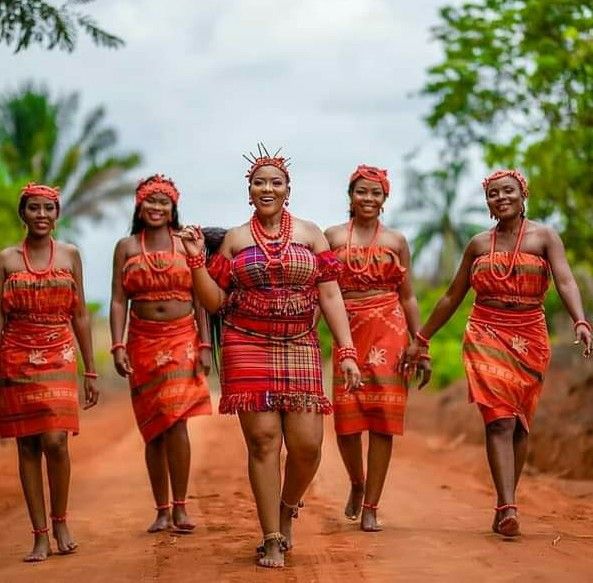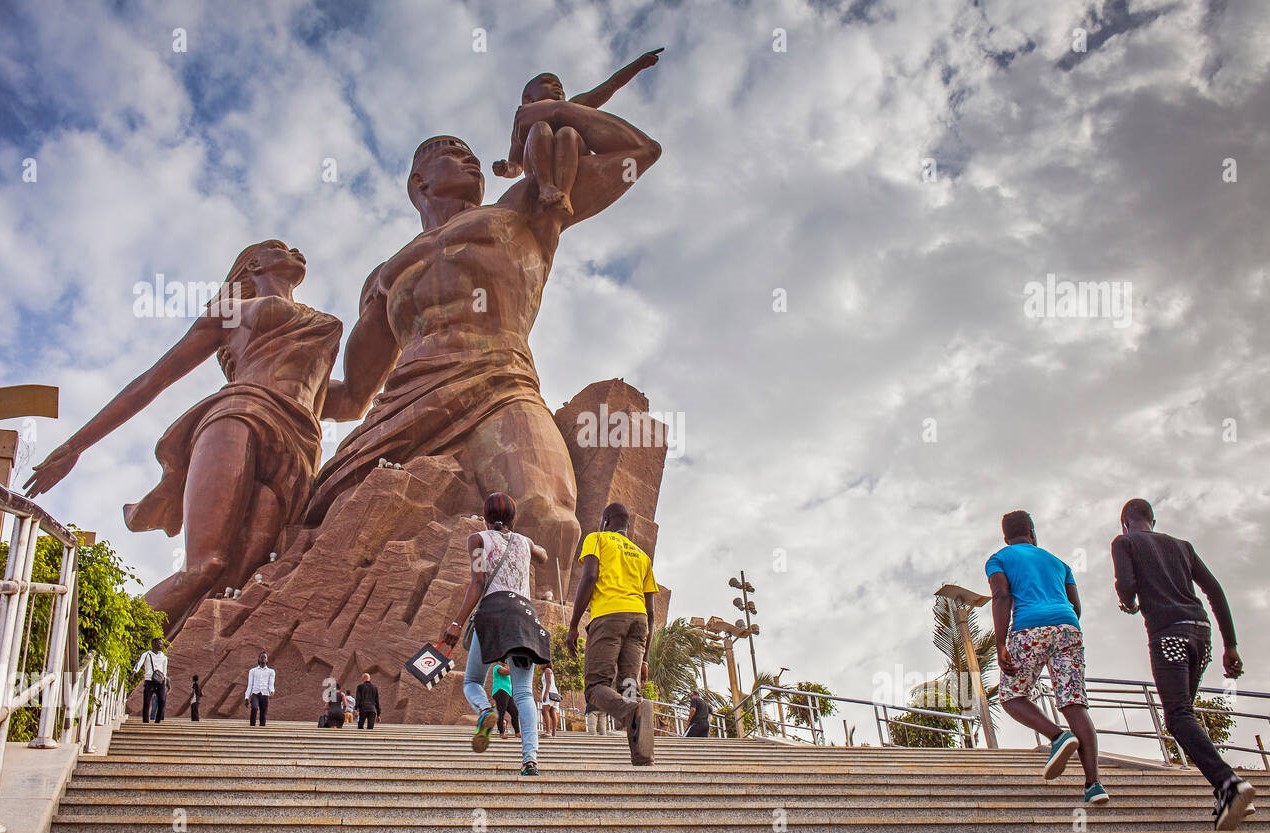Evolution of Traditional Leadership in Alaigbo: A Reflection on Heritage

The Evolution of Traditional Leadership in Alaigbo: A Reflection on Igbo Heritage
By Prince Jerry Amaukwu
The Igbo people are celebrated for their deeply ingrained democratic and egalitarian ethos. Historically, decision-making authority was vested in assemblies known as “Ama’ala,” which comprised elders, age grades, lineage heads, and respected title holders. These assemblies operated on a consensus-driven model, reflecting the core Igbo values of knowledge, wisdom, equality, freedom, and communal responsibility.
The advent of colonialism marked a pivotal shift in the trajectory of Igbo leadership. The British colonial administration, struggling to grasp the nuances of the decentralized Igbo system, introduced the Warrant Chief system. This system appointed individuals as chiefs without the mandate or recognition of their communities, thereby undermining traditional assemblies and concentrating power in the hands of a select few. The resultant widespread resentment culminated in landmark events such as the Aba Women’s War of 1929, a significant uprising against colonial policies and the excesses of warrant chiefs.
In the post-colonial era, the structural changes introduced by colonial rule have persisted. Traditional Igbo institutions, particularly the Amala assemblies, now operate within the constraints of national law, state constitutions, and local government systems. The erstwhile symbols of cultural achievement and community service, such as the titles of Nze, Ichie, and Chief, have acquired new political significance. Ezeship, or kingship, which was relatively rare in Igbo land prior to colonialism, has become more widespread, creating a complex dynamic for traditional leaders.
Today, traditional leaders in Igbo society are tasked with balancing their roles as custodians of culture, mediators in local disputes, and symbols of identity, all within the framework of the modern Nigerian state. Despite these complexities, Igbo society has demonstrated remarkable resilience and adaptability, finding ways to preserve its cultural heritage while navigating the intricacies of modern governance.
To gain a deeper understanding of the current governance landscape in Amainyi and Igbo land, it is imperative to convene a conference that brings together historical insights, natural and human resources, legal frameworks, and development planning. Such a conference would enable the articulation of a clear vision for the future and foster a more unified and prosperous community.
The narrative of Igbo leadership is characterized by both loss and adaptation. As we navigate the complexities of modern governance, it is essential to remain cognizant of our cultural heritage and strive for a future that harmoniously balances tradition with progress. By doing so, we can ensure the continued relevance and vibrancy of Igbo cultural identity in the face of evolving societal dynamics.








